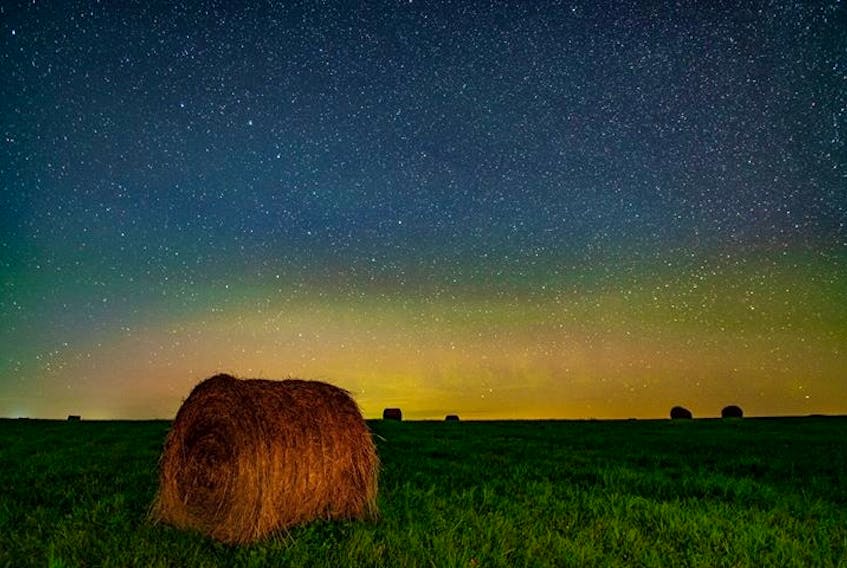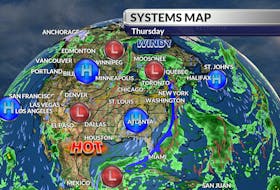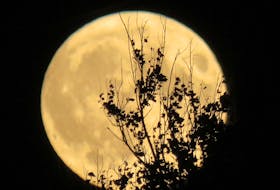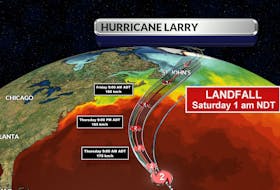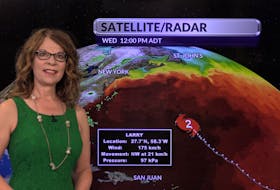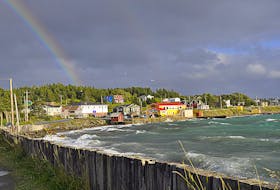After a very slow, some might say miserable start, it turned out to be a lovely summer. A couple of hours before sunrise on Monday… it will be over.
The fall equinox takes place Monday morning at precisely 4:50 a.m. ADT (5:20 a.m. NDL). I still meet people who ask why it’s not on Sept. 21; after all, that’s what they were taught in school.
A Sept. 21 equinox has not happened in our lifetime. The September equinox usually occurs on Sept. 22 or 23, but it can, very rarely, fall on Sept. 21 or Sept. 24.
In the 21st century, it will fall on Sept. 21 twice: in 2092 and 2096. The last time a Sept. 24 equinox happened was in 1931; the next one will take place in 2303.
The date of the equinox varies because of the difference between how the Gregorian calendar defines a year (365 days) and the time it takes for Earth to complete its orbit around the sun (about 365 and 1/4 days).
Each year the date and time move progressively later in September until the year before a leap year is reached. On the leap year, it returns to an earlier date and time, where the four-year cycle is then repeated. By the way, 2020 is a leap year; the fall equinox will take place the morning of Sept. 22.
The word “equinox” comes from the Latin words for “equal night.” The fall and spring equinoxes are the only days of the year in which the sun crosses the celestial equator, giving us 12 hours of daylight and 12 hours of darkness. Or does it?
We won’t have exactly 12 hours of each daylight and darkness on Monday; take Halifax, for example: the sunrise is at 7:02 a.m. and sunset at 7:10 p.m.
Here’s why. Sunrise is defined as the moment the top edge of the sun appears to peek over the horizon. Sunset is when the very last bit of the sun appears to dip below the horizon. Meanwhile, the vernal and autumnal equinoxes occur when the centre of the sun’s disk crosses an imaginary line projected outward from the Earth’s equator.
I hope you’re having a great weekend and enjoying summer’s last stand.
- Want more weather information? Visit your weather page.
- Have a weather question, photo or drawing to share with Cindy Day? Email [email protected]
Cindy Day is the chief meteorologist for SaltWire Network.

